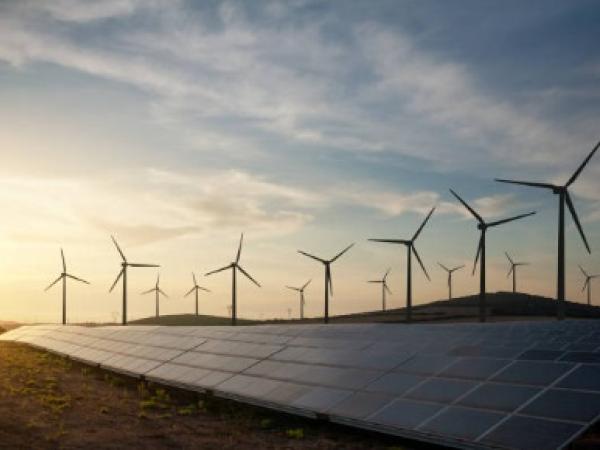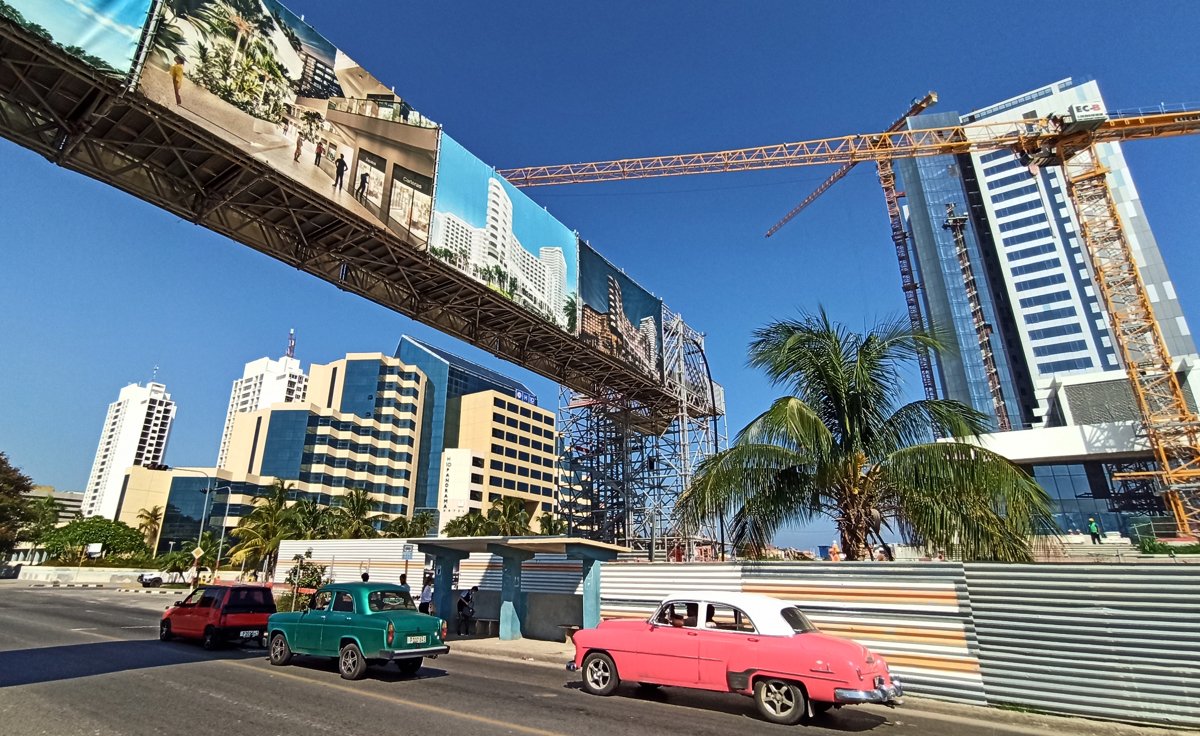The Ministry of Mines and Energy published the resolution 40181 by means of which it granted Grupo Energía Bogotá (GEB) an extension of 488 days for the start-up date (FPO) of the power transmission line Collector – Cuestecitas and Cuestecitas – La Loma.
(See: In July, 86% of the energy generated came from renewable sources).
It should be remembered that this project was an assignment that the energy company had received in 2019 and that it had presented delays due to the pandemic, which prevented him from advancing with the prior consultation processes with some communities, as Juan Ricardo Ortega, president of the GEB, explained to Portafolio.
With this, the official FPO recognized by the Ministry changes from November 30, 2022 to April 1, 2024.
The company had requested the portfolio 988 days (which would be an extension until August 15, 2025).
(See: Collector Line: inconveniences for which it would be delayed three years).
Among the arguments presented by the GEB for the expansion, it is highlighted that there was delays in filing the Environmental Impact Study (EIA), due to delays in the certification of ethnic communities by the Ministry of the Interior.
It also indicates that the EIA was delayed due to delays in starting the prior consultation procedures, among other reasons.
The Ministry of Mines recognized the delays in most arguments, however, he conceded nothing in the argument stating “delays in the filing of EIA due to internal conflicts of ethnic communities“. The company had requested 622 regarding this point, but they did not grant any.
(See: Erco will reach 16% of generation with renewable energies in the country).
For this reason, the Ministry ordered the modification of the FPO until April 2024 and that the GEB updates the single guarantee of compliance for a period equal to the displaced time.
The collector line is part of the power generation projects from Non-Conventional Renewable Energy Sources (FNCER), which were promoted during the government of Iván Duque.
(See: The economic activities that consume the most renewable energy).
BRIEFCASE







